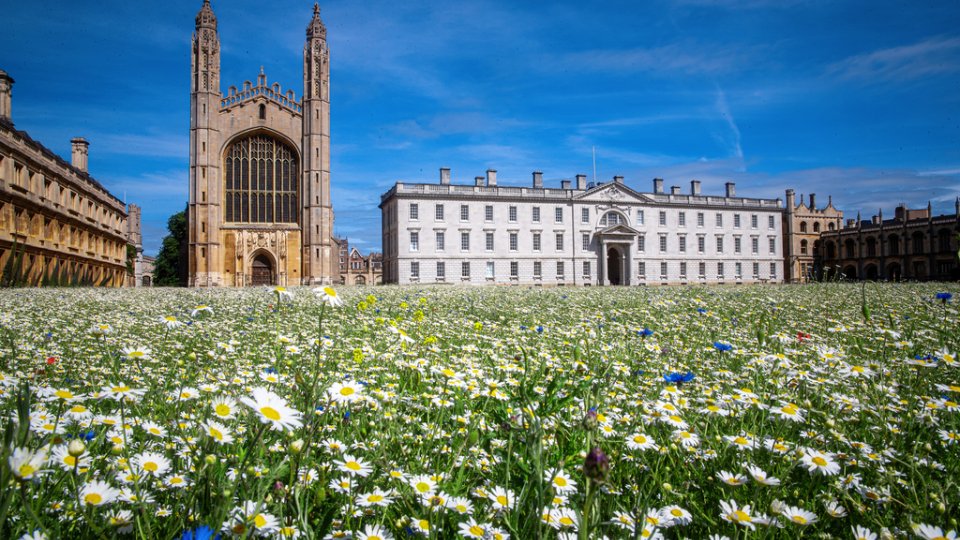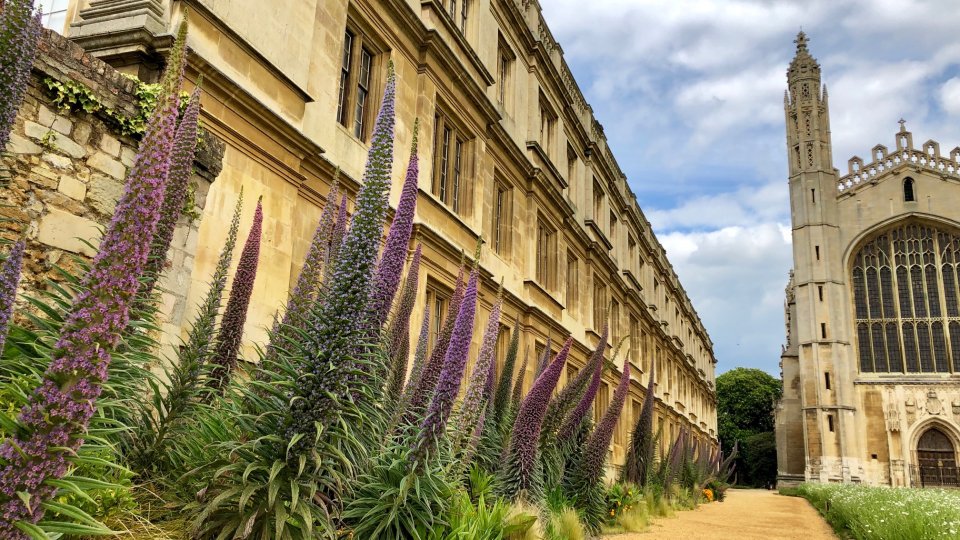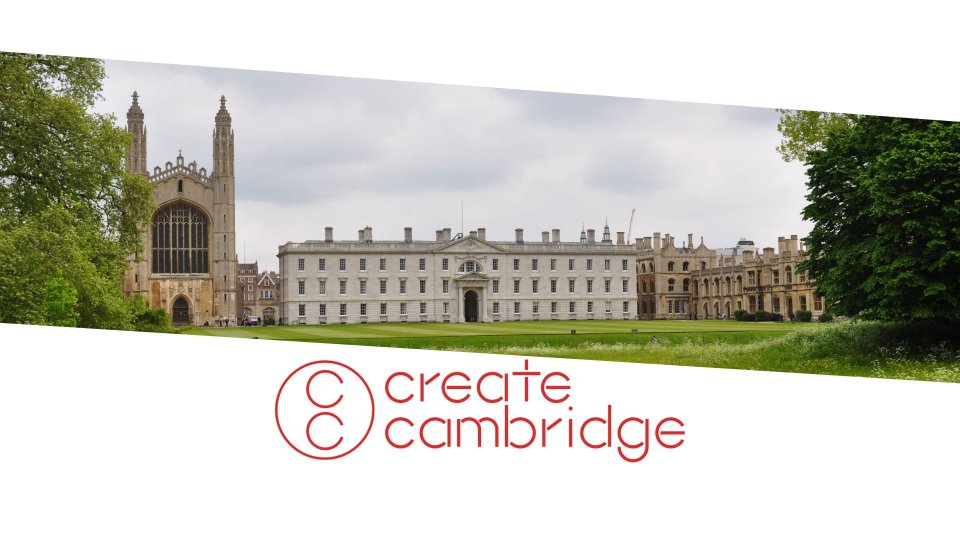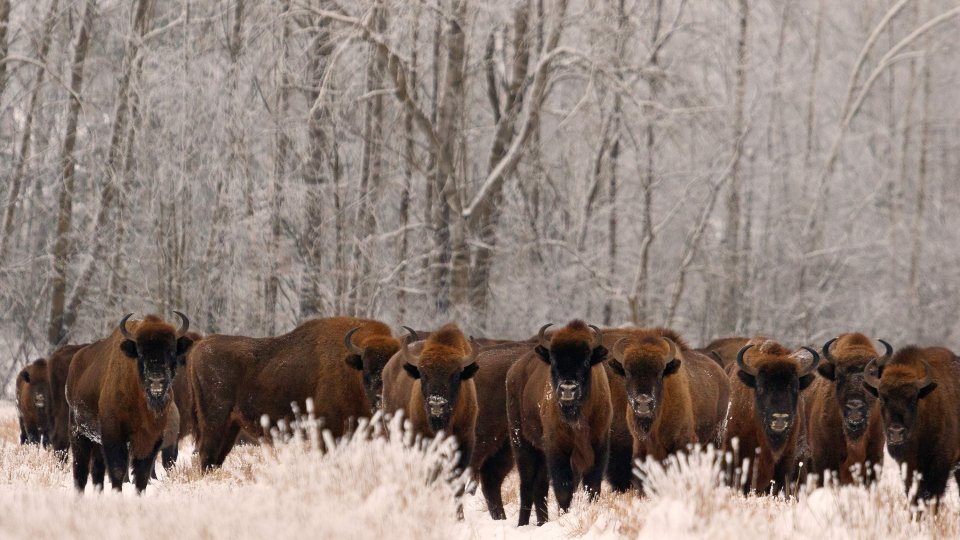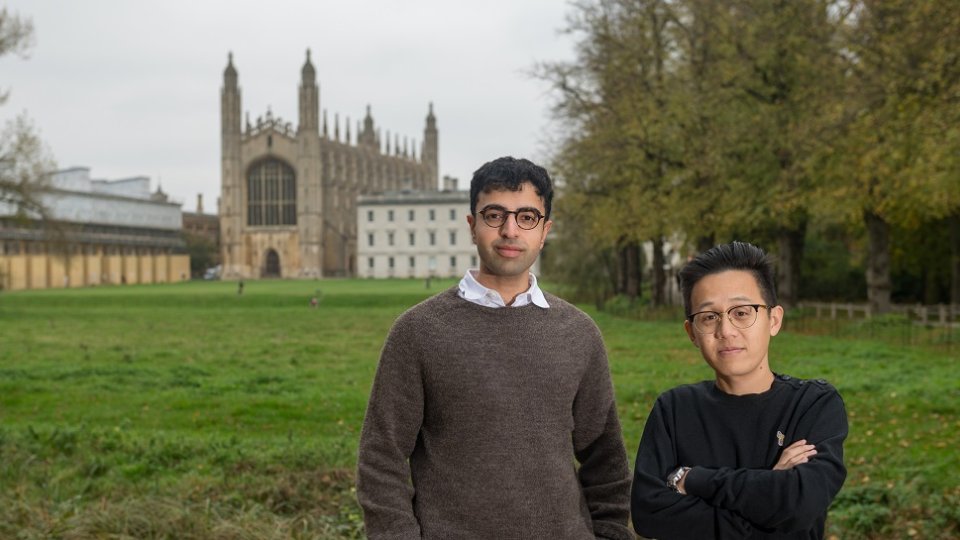Our climate is changing frighteningly fast and we face a series of converging crises: devastating weather patterns, accelerated loss of plant and animal species, crop failure, water shortages, malnutrition, conflict, and deepening inequalities. Tackling the effects of climate change and halting further destruction of our habitats will require global collaboration and changes to policy across all sectors. Through our researchers and alumni, King’s is connected with a range of environmental initiatives across several continents, from tackling period poverty in India to investigating ways to mitigate threats to Antarctic biodiversity.
Co-Galápagos

Among our ongoing partnerships is Co-Galápagos, formed with the aim of facilitating community-led solutions to environmental and social issues and enabling the archipelago to achieve its United Nations’ Sustainable Development Goals (SDGs) by 2030. Unbeknown to many, the islands host a human population of 30,000, who suffer inadequate health care, clean water, education and gender equality - issues that have long been overlooked and which also feed back into conservation issues. The Co-Galápagos project was launched in 2021 in partnership with the local Fundación un Cambio por la Vida (FUNCAVID) and the UK-based Galápagos Conservation Trust.
The King's connection to the project is via College Research Associate Sophia Cooke, whose link to Galápagos began in 2015 when she set up and ran a project there investigating the harmful impacts of an introduced bird, the smooth-billed ani (Crotophaga ani), in collaboration with the Charles Darwin Foundation and Galápagos National Park Directorate. Following the completion of her PhD in Zoology, Sophia was appointed to three-year CRA post at King's funded by the Evolution Education Trust. During her time in Galápagos, Sophia has helped launch a new Hub for Sustainability, Innovation and Resilience, serving to collate research and other knowledge sources to produce policy advice, and to guide research activities based on policy needs.
From my experience in Galápagos over the past eight years, I truly believe that initiatives like this are the way forward. Not only does Co-Galápagos work to increase the efficiency of sustainable development but, by channeling funding for this work directly through the community, it also supports inclusivity and local capacity-building.
Antarctic Biodiversity
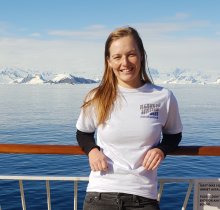
College Research Associate Jasmine Lee is examining the impact of human activity and climate change on Antarctic biodiversity. Jasmine’s research focuses on determining how factors such as tourism, pollution and non-native species affect the terrestrial biodiversity of Antarctica, including mosses, lichens, microbes, invertebrates, and land-breeding seabirds. These species survive in small patches of permanently ice-free land but are increasingly under threat.
Through a combination of methods including modelling and spatial analyses, Jasmine's research assesses the significance of these threats and identifies methods for their mitigation. Alongside her role at King's, Jasmine holds an 1851 Research Fellowship at the British Antarctic Survey in Cambridge having completed her PhD at the University of Queensland.

